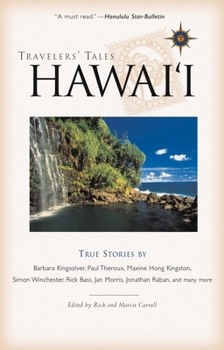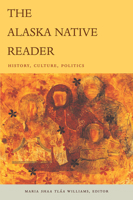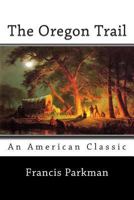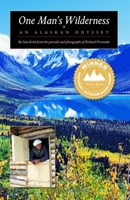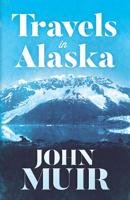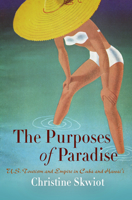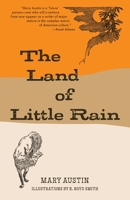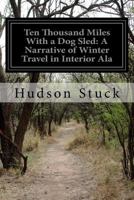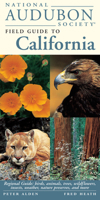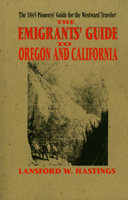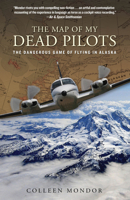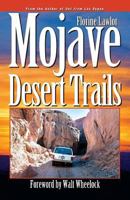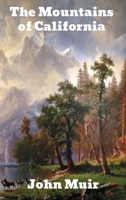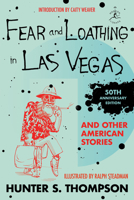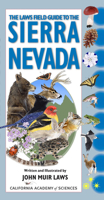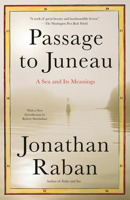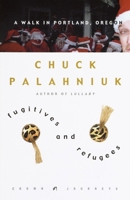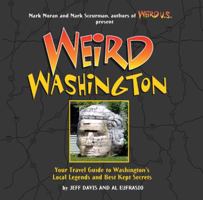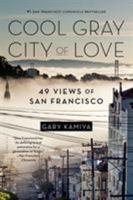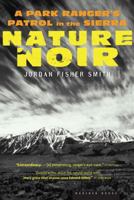Travelers' Tales Hawai'i: True Stories (Travelers' Tales Guides)
Select Format
Select Condition 
You Might Also Enjoy
Book Overview
Customer Reviews
Rated 4 starsRediscovered cultural guidebook
I recently wrote a review of a guidebook that I thought was excellent for a first-time traveler to Kauai, and I commented that all the guidebooks I had read were good at telling me about good places to go but didn't give me a real sense of the place and the people. When I got back I found this book on my shelf. I had bought it before a trip to Oahu. I had forgotten about it before going to Kauai, and ever since my return...
0Report
Rated 5 starsIsland Paradise Revisited
This eclectic collection of essays written by an assortment of travel writers that include Paul Theroux who lives in Hawaii, Englishman, Jonathan Raban, who loves the ocean, but does not like the sand, and a host of lesser known authors captures the spirit of Hawai'i. Each author brings a different prospective and reflection upon the nuances of paradise. My personal favorite is, Travels with Bird, by Hawaiian Sally-Jo Keala-O-Anuenue...
0Report
Rated 4 starsA very solid Hawai'i travel book - What to see when in the aloha state!
When I have been to Hawai'i, I've found it's good to go in the off- season (Feb.-thru-May), go to the Pro Bowl, AFC-NFC Conference Cham- pionship game, The Big Island; The Volcano(s), Moloka'i; Moloka'i Ranch, Ni'ihu is accessable only by helicop- ter, Ko'olawe must be gone to by ar- rangement by boat to help clean up; it was used by US Military as dumping ground, 1944-71; Maui has great Harbour and Luaus. Kaua'i also has...
0Report











